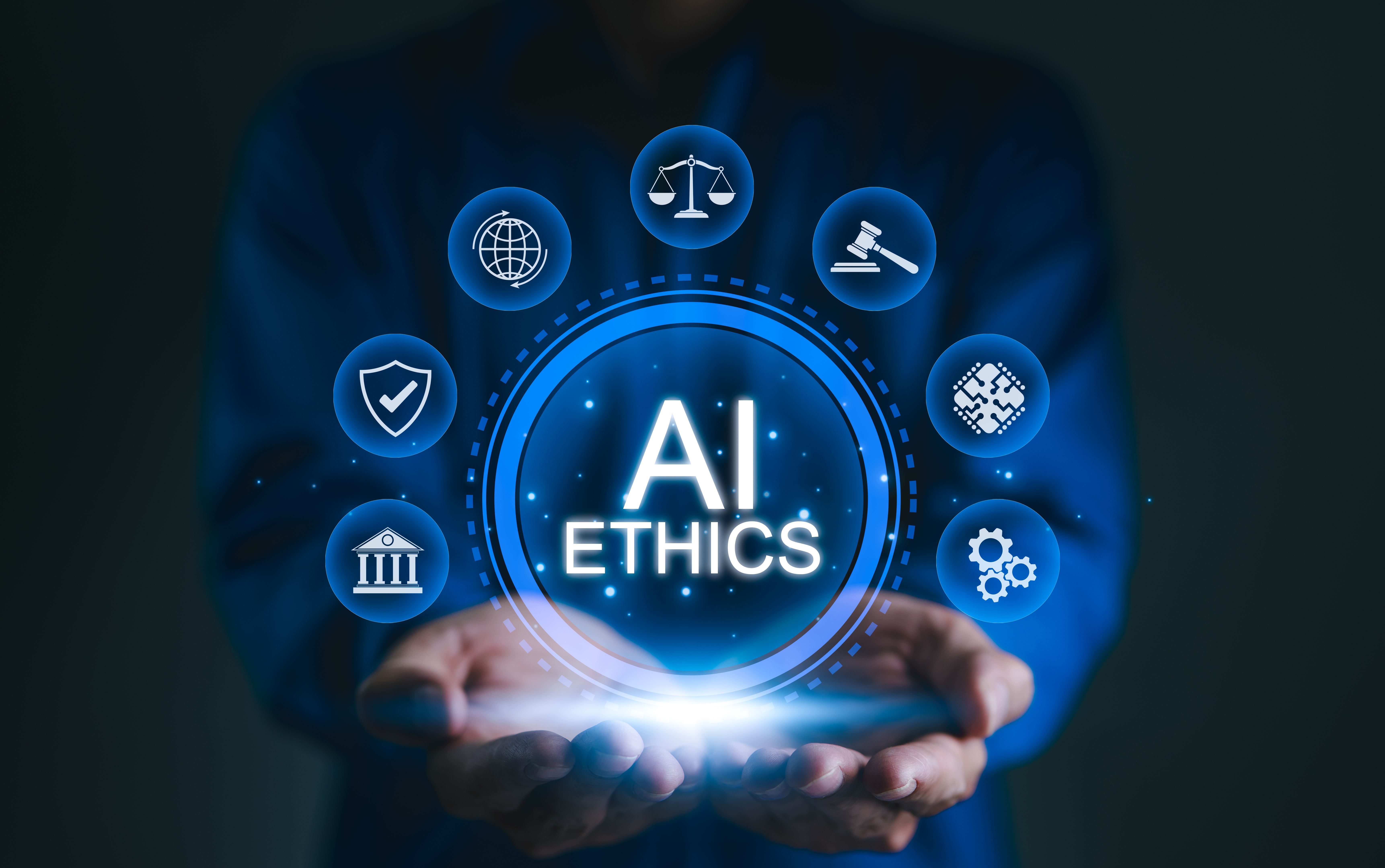You Don’t Need a Data Scientist to Start with AI—You Need a Decision
SC
Understanding the Basics of AI
The world of artificial intelligence (AI) is vast and constantly evolving. As you embark on your AI journey, it's crucial to start with a solid understanding of the basics. AI refers to the simulation of human intelligence in machines that are designed to think and learn like humans. This technology is already transforming numerous industries by improving efficiency, accuracy, and productivity.
One of the fundamental aspects of AI is its ability to process large amounts of data and make informed decisions. By leveraging machine learning algorithms, AI systems can analyze patterns and trends within data, enabling them to make predictions and decisions that would be difficult for humans to achieve manually.

The Role of Decision-Making in AI
Decision-making is at the heart of AI functionality. An AI system's ability to make accurate and timely decisions can significantly impact its effectiveness. This decision-making process involves analyzing data, evaluating possible outcomes, and selecting the best course of action based on that analysis. To do this successfully, AI systems must be equipped with appropriate algorithms and models that allow them to learn from past experiences and adapt to new information.
One common example of AI decision-making is in autonomous vehicles. These vehicles rely on AI to make real-time decisions about speed, direction, and obstacle avoidance, ensuring passenger safety and optimizing travel efficiency. This highlights the importance of robust decision-making capabilities in ensuring AI systems can operate effectively in dynamic environments.
Building a Decision-Making Framework
To start your AI journey, it's essential to build a decision-making framework tailored to your specific needs and objectives. This framework should include a clear understanding of the problem you're trying to solve, the data you'll need to collect, and the criteria for evaluating potential solutions.
Steps to develop a decision-making framework:
- Define the problem: Clearly articulate the issue you want your AI system to address.
- Gather relevant data: Collect and organize data that will inform your decision-making process.
- Select appropriate algorithms: Choose algorithms that best fit your problem and data type.
- Evaluate solutions: Test different approaches and measure their effectiveness against your criteria.
- Implement and refine: Deploy the chosen solution and continuously refine it based on new data and insights.

Overcoming Challenges in AI Decision-Making
While AI offers incredible potential, it also presents challenges that need to be addressed. One significant challenge is data quality. AI systems rely heavily on accurate, high-quality data to make informed decisions. Inaccurate or incomplete data can lead to flawed outcomes, underscoring the importance of robust data collection and management processes.
Another challenge is algorithm bias. Algorithms are only as unbiased as the data they are trained on. If the training data contains biases, these can be perpetuated or even amplified by the AI system. It's crucial to ensure that your data is representative and free from biases that could skew decision-making processes.
Implementing Ethical Considerations
As you integrate AI into your operations, ethical considerations should be a priority. The decisions made by AI systems can have significant implications for individuals and society as a whole. Therefore, ensuring transparency and accountability in AI decision-making processes is critical.
Developing ethical guidelines for AI usage involves setting clear standards for data privacy, security, and fairness. By prioritizing these elements, you can help ensure that your AI initiatives align with societal values and promote trust among users and stakeholders.

The Future of AI Decision-Making
The future of AI decision-making promises even more sophisticated capabilities as technology continues to advance. Innovations such as explainable AI are being developed to provide greater transparency into how AI systems arrive at their conclusions. This can help build trust and foster wider adoption across various sectors.
Ultimately, embracing AI's decision-making potential requires a commitment to continuous learning and adaptation. By staying informed about emerging trends and technologies, you can position yourself at the forefront of this exciting field and harness AI's full potential for your organization.
